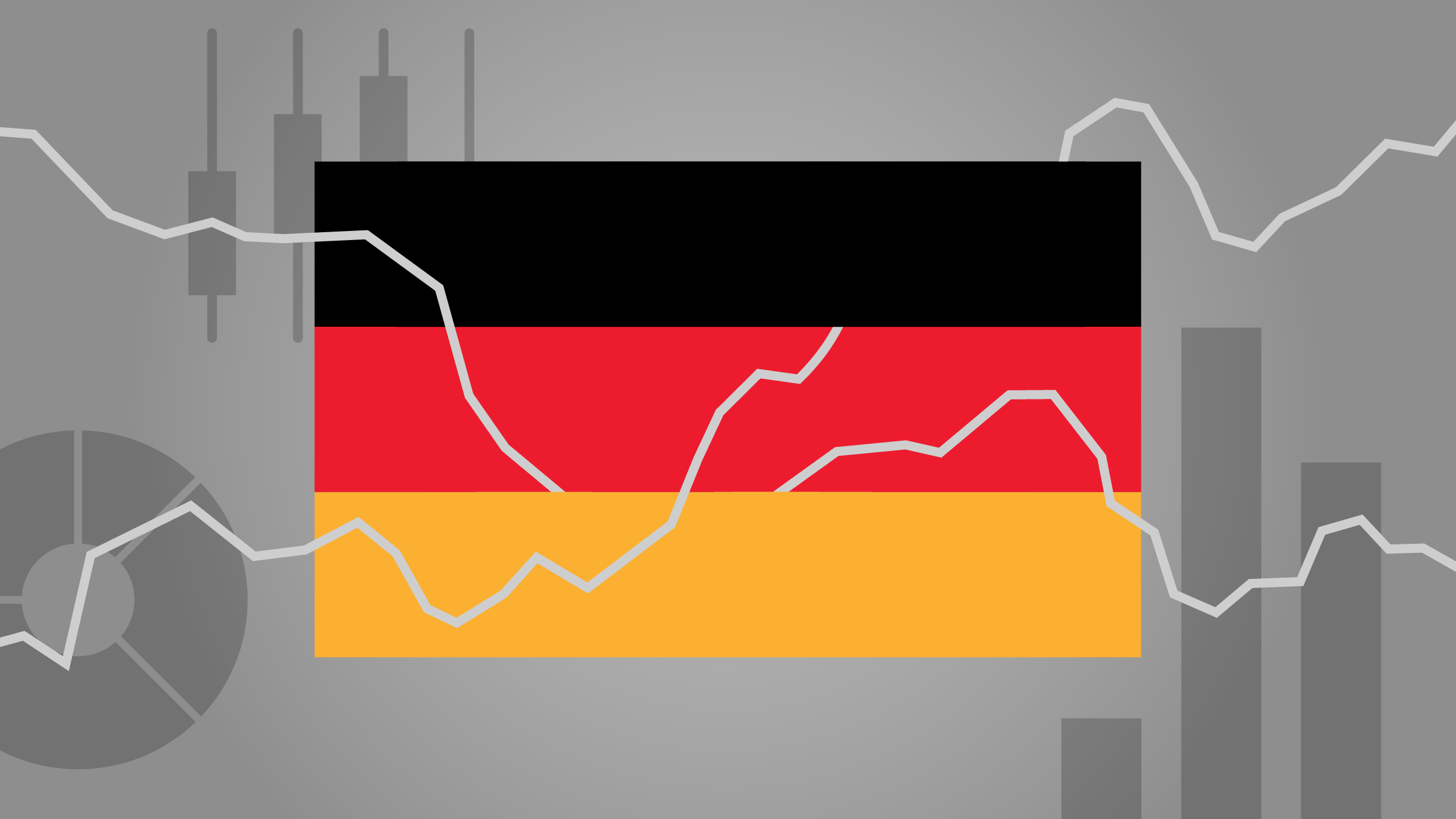
The M&G Recovery fund has been placed under review by Morningstar analysts after the announcement that manager Tom Dobell would stand down from running the fund.
Michael Stiasny will take over the management of the £1.4 billion, which had held a Neutral Morningstar Analyst Rating, at the end of the December.
M&G said the decision was “part of an ongoing review” of the firm’s fund range. It said the review “will also see a refreshed approach for the fund, with an increased focus on the unloved mid-size companies which have contributed most to value creation over the fund’s lifetime.”
It added that there would be no change to the fund’s investment objective and policy. Stiansy, who is currently co-deputy manager of the Recovery fund, will continue to manage the two-star rated M&G UK Income Distribution and three-star rated M&G Dividend funds.
M&G Recovery was downgraded from a Bronze to Neutral Morningstar Analyst Rating in November 2019. At the time, Morningstar analyst Fatima Khizou said: “Reduced analytical resources, combined with implementation issues and mediocre long-term track-record, have led to a downgrade.”
Khizou noted that changes had reduced the size and experience of the investment team, adding: “Further to these changes, we think the insights from the manager and team, as well as the depth of the analyst carried out, no longer stand out when compared to other value/recovery strategies.”
Dobell has managed the M&G Recovery fund since March 2000, the third manager to run the fund since its 1969 launch. Since taking over the fund, Dobell has delivered total returns on 127.7%, ranking in the second quartile of the IA UK All Companies sector over that time.
But performance has been less impressive over recent years. Over 10 years, it has produced annualised returns of just 0.54%, some 6.09 percentage points behind the UK Flex-Cap Equity category. Over one year the fund is down 20.18%, while the average fund in its group is down 9.3%. The portfolio has been hurt by a high exposure to mining and resources stocks, with BP (BP.), Kenmare Resources (KMR) and Rio Tinto (RIO) all among its top holdings.
Over six months the picture is better, with the fund up an impressive 35.82%, some 7% ahead of its category. A key contributor here has been the fund’s largest holding, Mesoblast (MSB), which accounts for more than 9% of the portfolio. Mesoblast is an Australian medicine company, focusing on treatments for inflammatory conditions, cardiovascular disease and back pain. The firm recently won an innovation award for its remestemcel-L treatment, which has been testing in respiratory distress syndrome in Covid-19 patients. Its shares have climbed from A$2.05 to A$4.91 this year.
Taking The Fund Forward
Adrian Lowcock, head of personal investing an Willis Owen, said: “Dobell’s mammoth fund has been underperforming for years, as recovery investing has been out of favour for a long time. His resignation will be tough as he has diligently executed the fund’s process and philosophy, but a change in management makes sense to take the fund forward in a changing world, where recovery investing may need a fresh perspective.”
Darius McDermott, managing director of Chelsea Financial Services, said: “Tom has run this fund for the past 20 years – the first 10 of which were very successful for investors as he made the most of the commodities boom. However, after the global financial crisis, the fund failed to adapt to the changing environment and, coupled with a style headwind, performance has suffered.
“It’s still a challenging time for recovery investors and mid-caps in particular could feel the brunt of any Brexit bad news in the short-term. But over the long term, I still believe the price you pay for shares has an impact on future returns. Some investors may like to give the new manager the benefit of the doubt and see how he progresses. Others may prefer to put their faith in a more experienced multi-cap recovery manager.”
Value investing has, indeed, been out of favour in recent years and the style has severely lagged Growth this year. According to the Morningstar Style Box the average mid-cap value fund was down 19.5% year to date while mid-cap growth funds were up, on average, 3.9%.
Jack Daniels, chief investment officer at M&G, said: “While the environment for [Tom’s] style of investing over the past decade has been very challenging, his effort and commitment on behalf of customers have never faltered. Recovery investing has been a cornerstone offering within our equities businesses for over 50 years. With a high experienced investor in Michael Stiasny and renewed focus on the fund’s core strengths, we believe we are well positioned to meet its objectives and deliver investors the returns they expect.”




























